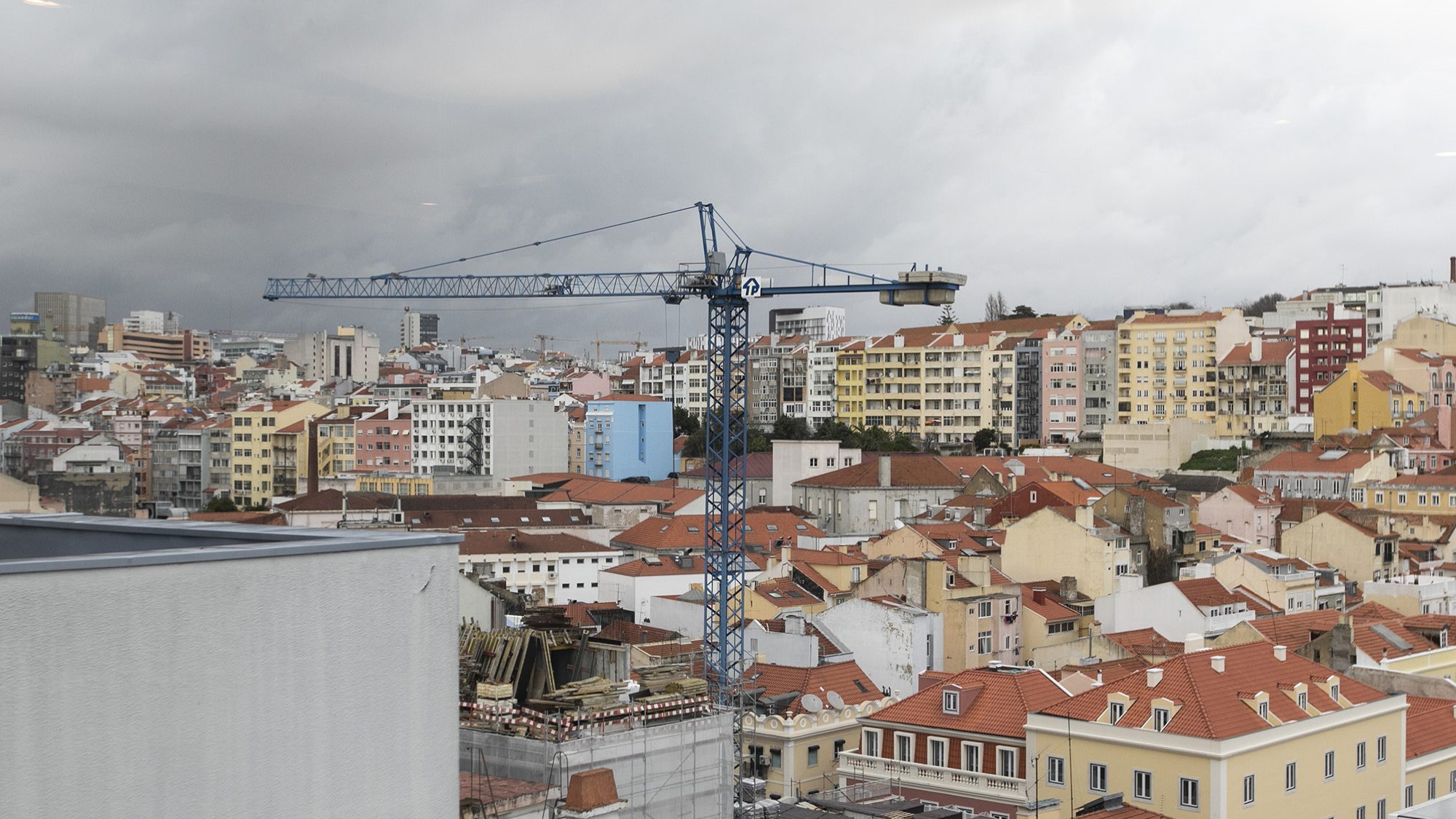Companies to log farm, construction workers daily for Covid-19 fight
According to the new legislation, companies employing 10 or more people on farms or on construction sites are this Friday required to compile a daily record of who is working for them.
Companies in Portugal employing 10 or more people on farms or on temporary or mobile construction sites are from Friday required to compile a daily record of who is working for them, under legislation approved by the government as part of the fight against the Covid-19 pandemic.
The statute, which was approved at a cabinet meeting on Thursday, was promulgated by the country’s president and published in a supplement of the official gazette on the same day.
At a news conference after the regular weekly cabinet meeting, the prime minister, António Costa, announced that a health cordon was being imposed in São Teotónio and Almograve, two parishes in the municipality of Odemira, in Beja district, citing results from public health surveys that showed that a surge in coronavirus infections in the area were concentrated in those two parishes “and clearly associated with the migrant population working in the agricultural sector.”
Costa also stressed that some workers “live in unacceptable housing conditions, with hyper-overcrowding of dwellings” and even with situations reported that were of “enormous risk to public health, besides a blatant violation of human rights.”
The president, Marcelo Rebelo de Sousa, in a note posted later on Thursday on his official website, said that in view of the “specific situation” in two parishes in Odemira he had promulgated the statute to create “exceptional and temporary rules for daily registration of workers in agricultural holdings and the construction sector”.
According to the legislation, the daily registration of workers, which is in force throughout mainland Portugal, aims to “strengthen checks on compliance with the rules on safety and health at work and epidemiological control, including compliance with compulsory lockdown measures.”
The daily register must cover full identification and residence, tax identification number, social security identification number and telephone contact details. Failure by the employer to comply with this registration constitutes a serious administrative offence.
“The employer, the user company or the final beneficiary of the services provided, as applicable, shall provide immediate access to the register … whenever requested by the Authority for Working Conditions [ACT] or another competent authority,” the legislation continues, adding that whenever the ACT identifies “the presence of workers in workplaces in a situation of non-compliance with compulsory containment measures, it shall communicate it to the competent authorities.”
Eight of the 278 municipalities in mainland Portugal will not move ahead to the fourth and final phase of the government’s lockdown easing plan on Saturday. They include Miranda do Douro, Paredes and Valongo, where restrictions are to remain unchanged, and Aljezur, Resende, Carregal do Sal and Portimão, where some restrictions are being reimposed.
According to the prime minister, in some cases, municipalities may only be held back “for a very short time”, since the government is from now on to assess their epidemiological situations weekly rather than fortnightly.
Odemira is also in the group of municipalities that will not move as a whole to the final phase of lockdown easing, with a health cordon being put in place in the two parishes where coronavirus infections are highest. However, the rest of the municipality will see lockdown restrictions lifted as in the rest of the country.
In Portugal, there have been 16,974 deaths associated with Covid-19 out of 836,033 confirmed cases of infection with the novel coronavirus that causes it, according to the latest bulletin from the Directorate-General of Health (DGS).
Worldwide, the pandemic has claimed at least 3,152,646 lives, resulting from more than 149.5 million cases of infection.
The disease is transmitted by a new coronavirus detected in late 2019 in Wuhan, a city in central China.


